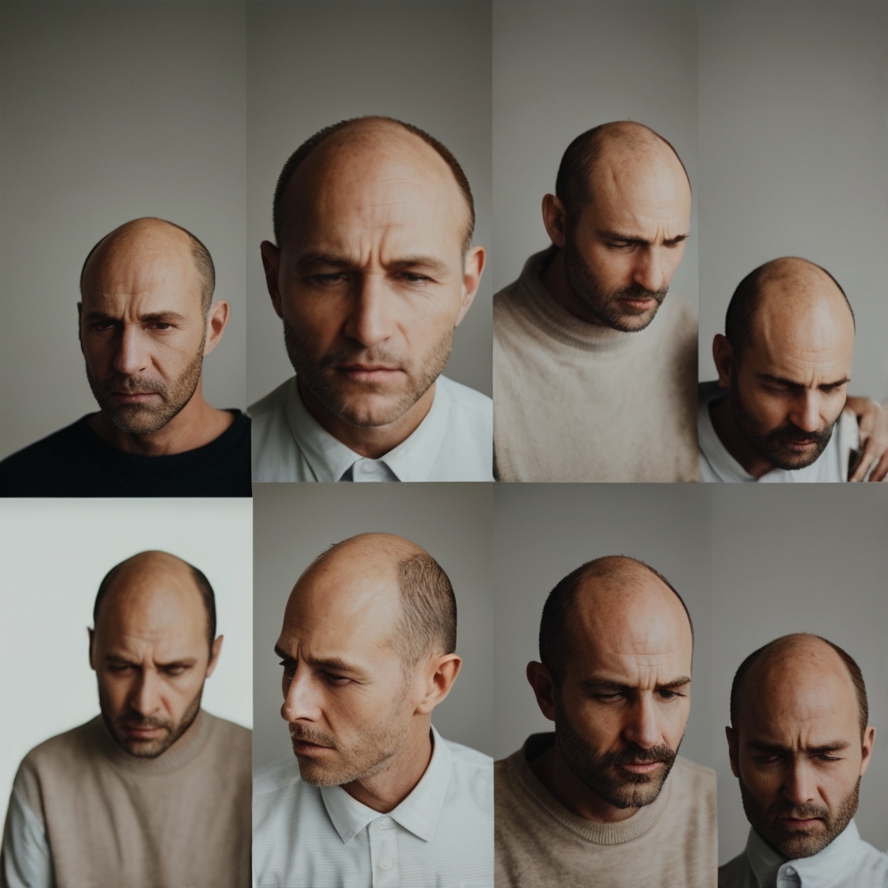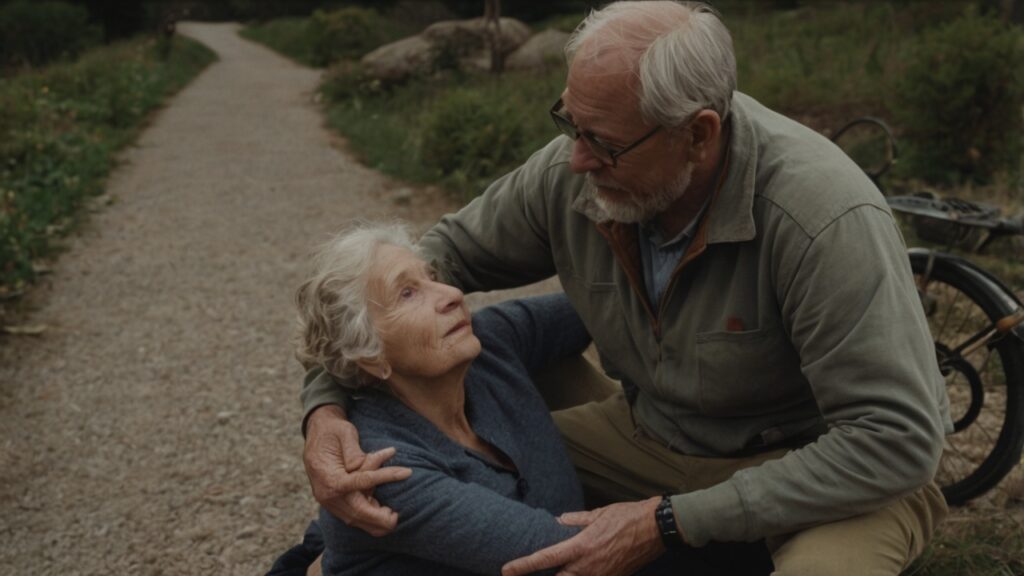Hair loss is a challenging experience for many individuals, impacting their physical appearance and emotional well-being. As someone who cares deeply about a loved one facing this struggle, knowing how to provide effective and compassionate support is essential. This comprehensive guide will offer insights and practical steps to help you assist your loved one in navigating this difficult period.
Understanding Hair Loss and Its Emotional Impact
Hair loss, or alopecia, can result from various factors, including genetics, medical conditions, stress, or treatments like chemotherapy. While the physical changes may be obvious, the emotional toll is often understated. Your loved one might experience feelings of vulnerability, diminished self-esteem, and social withdrawal. Understanding these aspects is the first step in offering meaningful support.
Recognizing Common Causes of Hair Loss
- Genetic Factors: Conditions such as androgenetic alopecia affect both men and women.
- Medical Conditions: Autoimmune disorders like alopecia areata, hormonal imbalances, or scalp infections can lead to hair loss.
- Medications and Treatments: Chemotherapy, certain prescriptions, and radiation therapy may contribute to hair thinning or loss.
- Stress and Lifestyle Choices: Chronic stress, poor nutrition, or harmful hair practices can exacerbate the issue.

How to Offer Emotional Support
1. Be a Good Listener
Sometimes, the most valuable thing you can do is simply listen. Let your loved one express their feelings without judgment or unsolicited advice. Empathy goes a long way in creating a safe and comforting environment.
2. Avoid Minimizing Their Experience
While it’s tempting to offer quick reassurances like “It’s just hair,” this can come across as dismissive. Acknowledge their emotions and validate their experiences instead. Statements like, “I can see how this is hard for you,” show understanding and compassion.
3. Offer Reassurance, Not Pity
Your support should empower them rather than make them feel like a victim. Compliment their resilience and remind them of their worth beyond physical appearances.
Practical Ways to Help Your Loved One

1. Educate Yourself About Hair Loss
Learn about the specific type of hair loss they’re experiencing. This can help you provide informed advice and recommendations tailored to their situation.
2. Research Treatment Options Together
There are numerous treatments available, ranging from topical solutions like minoxidil to advanced procedures like hair transplants. Accompany your loved one to consultations or help them gather reliable information online.
3. Explore Alternative Beauty Options
Encourage your loved one to experiment with accessories like wigs, scarves, or hats. Helping them find styles they feel confident in can be a fun and uplifting experience. Many professional salons specialize in creating custom wigs that mimic natural hair.
4. Offer to Help With Daily Routines
Assist your loved one in caring for their hair or scalp. This could include helping them choose gentle shampoos, massaging the scalp, or encouraging them to try relaxing techniques like aromatherapy for stress management.
5. Encourage Professional Support
Sometimes, a therapist or counselor can provide invaluable assistance in coping with the emotional challenges of hair loss. Encourage your loved one to seek support from mental health professionals if needed.
Building a Supportive Community

1. Join Support Groups
Online forums and in-person support groups can help your loved one connect with individuals who understand their experience. Sharing stories and advice can foster a sense of belonging and reduce feelings of isolation.
2. Advocate for Them
Help normalize hair loss by openly supporting your loved one in social settings. This could mean educating others or simply modeling a positive attitude when discussing their condition.
Communication Dos and Don’ts
Dos:
- Use language that promotes confidence and self-worth.
- Respect their privacy and discuss the topic only when they’re comfortable.
- Celebrate their efforts to cope and adapt.
Don’ts:
- Avoid comparing their situation to others or offering unsolicited advice.
- Refrain from using humor to downplay the situation unless they initiate it.
- Never pressure them into exploring treatments or solutions.
Boosting Their Confidence in Everyday Life

1. Plan Activities That Foster Positivity
Engage in hobbies or activities that bring joy and distraction from the challenges of hair loss. Whether it’s painting, gardening, or exploring nature, shared experiences can be incredibly uplifting.
2. Focus on Overall Well-Being
Encourage your loved one to maintain a healthy lifestyle, including balanced nutrition, regular exercise, and adequate sleep. These can improve their physical health and contribute to better self-esteem.
3. Celebrate Small Wins
Every step they take toward accepting their condition—whether trying a new hairstyle or going out without a wig—deserves acknowledgment. Celebrate their bravery and progress, no matter how minor it may seem.
Conclusion
Supporting a loved one through hair loss involves understanding their emotional and physical needs while empowering them with practical solutions and consistent encouragement. By providing empathetic, informed, and unwavering support, you can help them navigate this journey with confidence and resilience.

And so I’m thrilled to invite you to the official release of the product that John Satino and I believe will support thick, healthy, silky hair:
Truvarin is just full spectrum hemp extract with high levels of varins and peppermint…
And this formula worked in our studies.
My formula sprays on in a fine mist.
It soaks into your scalp easily – so it won’t make your hair greasy.
See my product uses patented PurZorb technology.
PurZorb is a way to make oils like varins water-soluble. Click here for more info

